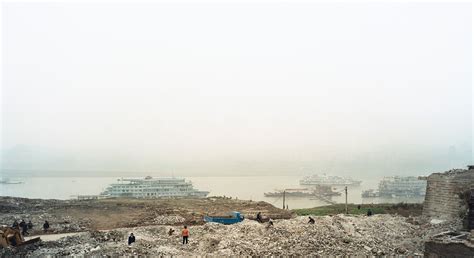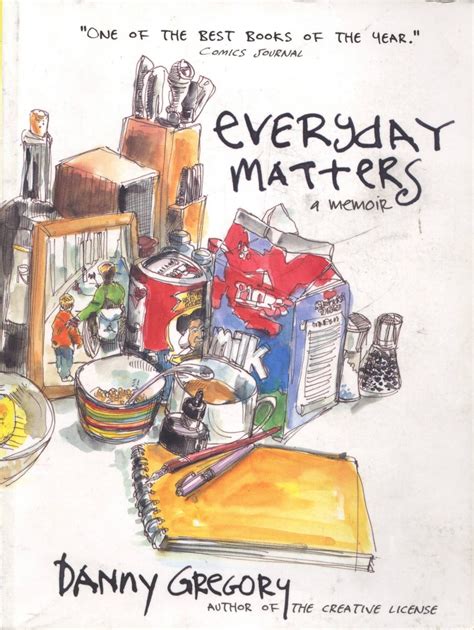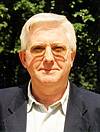A Quote by Sze Tsung Leong
The paradox in China is that while some things change very rapidly, others don't. The appearance of its cities may be entirely different, but the inner workings behind these changes still persist: the regulation of society, the hierarchies of power, the relationship of the individual to the majority.
Related Quotes
For loving, working, and creative people to throw off the yoke of power it is necessary to abolish power itself, not merely to make the yoke comfortable. Where some have power, others do not, and the two classes persist. A free society is where all have power-power over and responsibility for their own lives, power and reason to respect the lives of others. This is also a society without classes, a society of human beings, not rulers and the ruled.
A Winner's Blueprint for Achievement BELIEVE while others are doubting. PLAN while others are playing. STUDY while others are sleeping. DECIDE while others are delaying. PREPARE while others are daydreaming. BEGIN while others are procrastinating. WORK while others are wishing. SAVE while others are wasting. LISTEN while others are talking. SMILE while others are frowning. COMMEND while others are criticizing. PERSIST while others are quitting.
Of course you can more easily recognise the outsiders because they have a different skin color. But let us take for instance the relationship between the White Anglo-Saxon Protestant majority in America and the negroes. What is important here is that the negroes were the descendants from slaves and were excluded from power, while the white majority kept them at bay, kept them down, kept them where they are. If the negroes in the future became assimilated and acquired equal power access, if there were a black president, then many of these things would change.
Since the social victim has been oppressed by society, he comes to feel that his individual life will be improved more by changes in society than by his own initiative. Without realizing it, he makes society rather than himself the agent of change. The power he finds in his victimization may lead him to collective action against society, but it also encourages passivity within the sphere of his personal life.
God's ways do not change... Still he shows his freedom and lordship by discriminating between sinners, causing some to hear the gospel while others do not hear it, and moving some of those who hear it to repentance while leaving others in their unbelief, thus teaching his saints that hew owes mercy to none and that it is entirely of his grace, not at all through their own effort, that they themselves have found life.
Travel opens different eyes to different things, shows things we've never seen before, shows the world from entirely different angles. That's the power of drawing and the power of travel. They both make the familiar unfamiliar and vice versa. They show what we all have in common and what we may have missed thanks to preconceptions that may have marred our vision.
Individuals understood in relational terms cannot be conceived as fully separate from their communities. Others in one's community may already be a part of the self. This conception of the person as overlapping in identity with others has normative implications for what constitutes the good of the individual and how that good relates to the good of others. One's relationship with others can form a part of one's good as an individual, such that one can have a compelling interest in the welfare of these others and in one's relationship with them.
I am very optimistic about the long run prospects for democracy in China. Chinese society is being dramatically and rapidly transformed. And there’s rising evidence that the new generation not only lacks faith in communism anymore, they think it’s a joke. They’re very cynical about their leadership and they want democratic change.
What people want now, they want jobs. They want great jobs with good pay. And I'll tell you, we're spending a lot of money on the inner cities - we are fixing the inner cities - we are doing far more than anybody has done with respect to the inner cities. It is a priority for me, and it's very important.































